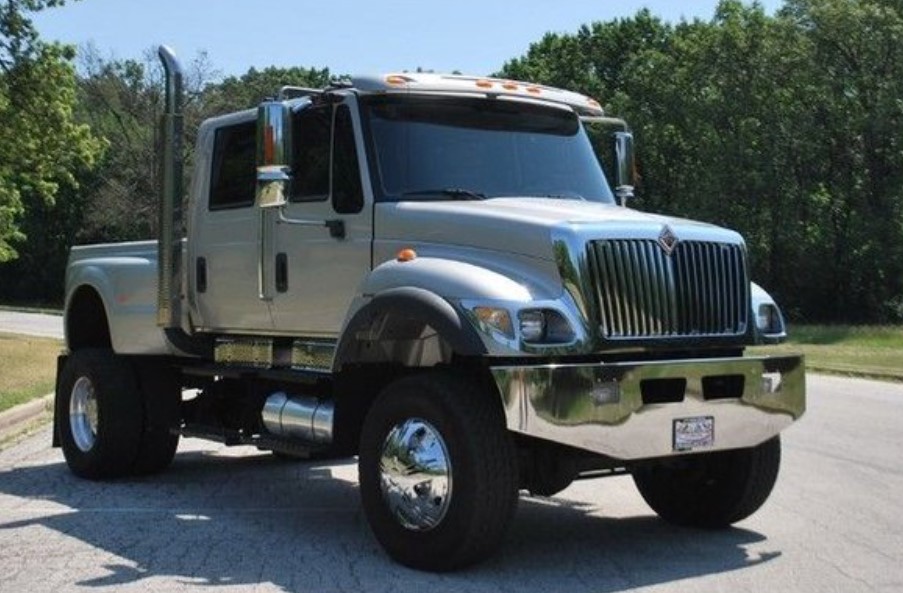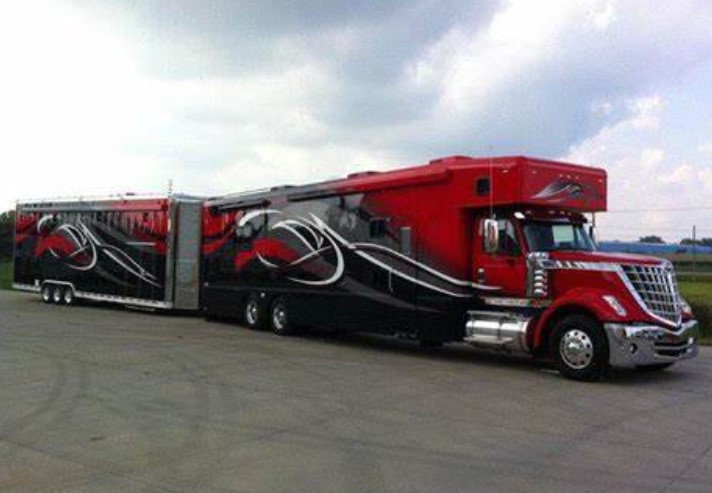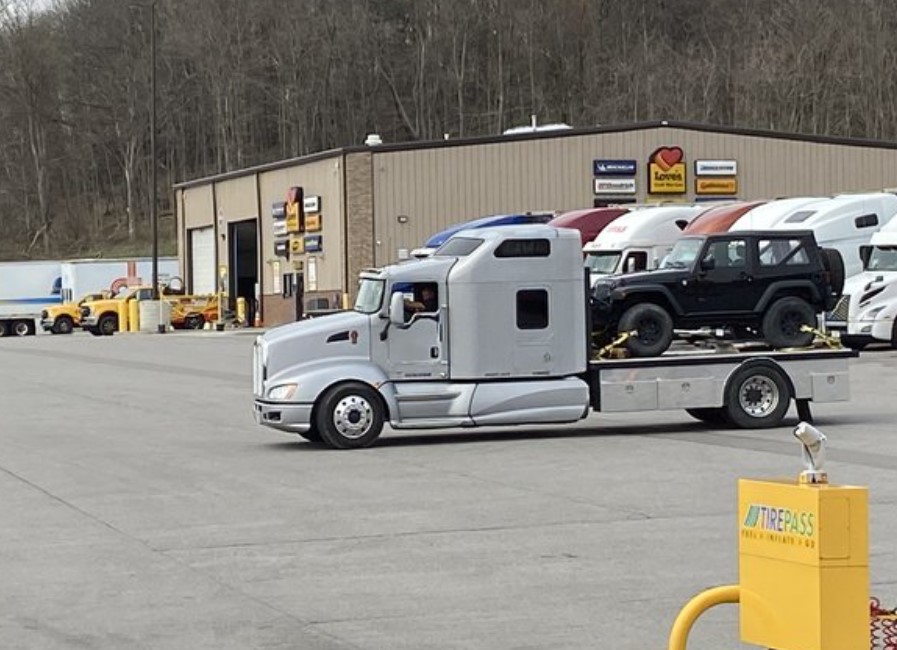Do You Need A CDL To Drive A Semi For Personal Use?
It is a common assumption that a Commercial Driver’s License (CDL) is required for a semi-truck driver, regardless of the operation’s purpose. On the other hand, this situation is only sometimes the case.
It is unnecessary to hold a commercial driver’s license to operate a semi-truck for personal use; nonetheless, the boundaries that constitute “personal use” are sometimes hazy. Although it is possible to work within the bounds of the law regarding driving a semi for personal use without a commercial driver’s license, the rules of each state are different. There is still the possibility that the laws understood by traffic authorities, even those in the state where the car is licensed, might need to be understood.
You must thoroughly understand the potential challenges you may face before you decide on a large truck without a commercial driver’s license, even if it is just for your personal use. You must ensure you completely understand the legislation regarding this commercial driver’s license exemption.
Do you have to have a commercial driver’s license to operate a semi-truck for personal use?
To determine whether or not you are required to have a commercial driver’s license (CDL) to operate a semi-truck for personal use, the most critical issue to consider is whether or not the operation of the vehicle by a driver who does not have a CDL has any connection to commercial usage at all.
When there is even the slightest possibility of a connection to business usage, the driver must acquire a commercial driver’s license (CDL). Determining the precise meaning of “commercial use” is when the boundaries begin to blur, and uncertainty may often take hold, even for law enforcement authorities who have been schooled in this legislation.
“Commercial Use”: What Does It Mean?
Commerce can be defined as “any trade, traffic, or transportation between points in one state and points in another state or any trade, traffic, or transportation that ‘affects’ trade, traffic, or transportation in the United States between points in one state and points in another.” This definition comes from the Federal Motor Carrier Safety Administration (FMCSA).
Because of this ambiguous definition, traffic police often have difficulties when they pull over drivers who do not possess a commercial driver’s license for probable offenses. The determination of whether or not a motorist is operating a vehicle for commercial reasons is not always as black and white as one may believe it to be. There are situations when the determination is left up to interpretation.
When the truck is pushed from one state to another, the problem gets much more complicated than it already exists.
Law enforcement officers in different states could have a different perspective on the situation, even though the driver may be under the impression that they are totally in compliance with the law and not operating the truck for commercial purposes.
Examples of places where there are inconsistencies include the following:
- At the moment, a trailer owner is transporting a cargo of cattle to a stock show, hoping to get honors for the livestock they have brought. One interpretation of this is that it is for commercial usage.
- A cargo of all-terrain vehicles is being brought to a family’s ranchland. In addition to renting out a portion of their ranch as an Air BnB as part of a weekend vacation package, they want to charge other people to ride those all-terrain vehicles (ATVs). Given that this would be deemed commercial usage, it would violate the law.
What About Inter-State Conflicts and Issues?
If a driver is pulled over in state x, but the semi is registered and licensed in state y, then, provided that the semi and its driver comply with the CDL requirements and laws of state y, state x cannot hold them in violation if the semi and its driver are not in compliance with their compliance with their CDL requirements and regulation.

At what point does it become irrelevant that all of this goes on?
Considering that there seems to be perfect consensus over a vehicle’s Gross Vehicle Weight Rating (GVWR), this subject is no longer relevant. A truck’s commercial driver must have a license (CDL) if the vehicle’s gross vehicle weight rating (GVWR) is more than 26,000 pounds.
The exact requirements apply when the aggregate gross vehicle weight of the truck and trailer is more than 26,000 pounds.
These regulations are straightforward and unyielding; no law enforcement official will have to worry about them for a significant amount of time. More than 26,000 pounds? A commercial driver’s license is required of you.
Is it Better to Get a CDL or Not?
Although you would seem that the answer to the issue of whether or not you need a commercial driver’s license (CDL) to drive a semi for personal use legally would be straightforward owing to the many laws and regulations that the trucking industry is required to adhere to, the truth is that this is not the case.
There is room for interpretation about the boundaries between personal and commercial use, even among law enforcement authorities who have received training and are well-versed in traffic laws. In addition, once the boundaries between states are crossed, the problems may become much more problematic.
Suppose you want to decide whether or not to drive a semi without a commercial driver’s license. In that case, it will be of great assistance to you if you make sure that you have a solid understanding of the rules that govern this matter in your state and that you are aware of the specific determination of whether or not you want to use the vehicle for personal or business purposes.

